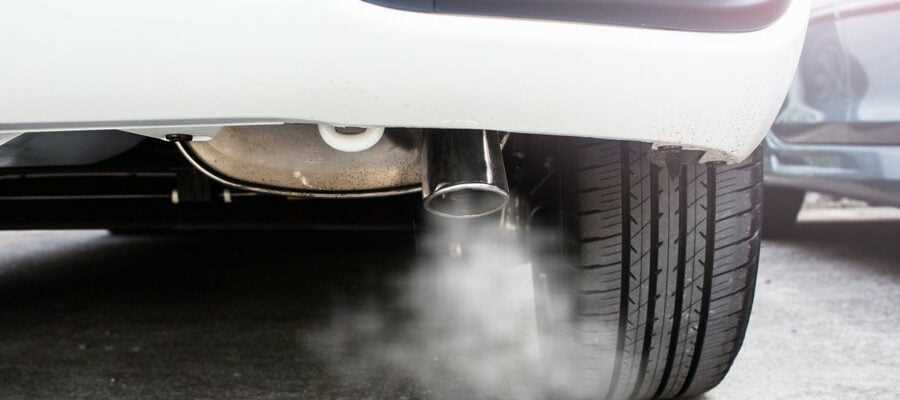If the electric vehicles
are on the rise, plug-in hybrid cars are generating more skepticism at the start of the year.
Indeed, it is now the European Commission which is working on a more refined regulation of CO emissions tests.2 performed on these vehicles.
Obtain a result closer to practice than theory
Presented as a credible alternative to 100% thermal vehicles, rechargeable hybrid vehicles, which notably have a battery supplying a second rechargeable electric motor on the mains, are in the sights of several regulators. After the canton of Valais in Switzerland, which decided to withdraw the public subsidies allocated to the purchase of hybrids, it is now the European Commission which wants CO emissions tests2 plug-in hybrids as close as possible to their actual consumption.
Long criticized for their inability to reproduce the consumption conditions that users encounter on a daily basis, the tests in question are essential for determining the pollution emitted by a vehicle. This is also a major factor for the car manufacturer, because the more it has a “virtuous” car fleet, the more it is on the way to achieving the greenhouse gas emission reduction targets of the European Union. As a reminder, the EU wants to achieve carbon neutrality by 2050.
Consequently, the current test, the WLTP, initially acclaimed because it is already much closer to the results encountered daily by users, is still insufficient for the European Commission. An amendment must therefore be made to the WLTP protocol in order to make it evolve by 2025.
Plug-in hybrids could consume up to four times more than advertised
The objective of European regulators is to develop a component called “utility factor”, to better estimate the quantity of kilometers traveled by a plug-in hybrid with its electric motor. The amendment is due to be worked on in the “motor vehicles” working group on February 9, 2022, and a final decision is hoped for this year.
The Council for Clean Transport (ICCT), which has studied the data of more than 100,000 plug-in hybrid vehicles, estimates that these vehicles are recharged less often than the manufacturers announce, while their autonomy in “electric” mode would be , too, lower than reality.
In the meantime, several car manufacturers, driven by good sales of 100% electric vehicles, have said they are in line with European expectations in terms of CO2 emissions.2 in 2021. Among them are Renault, BMW, Mercedes-Benz and Volkswagen, the latter being particularly expected since the “Dieselgate” in 2015. It should be remembered that the EU’s objective for 2021 was to obtain an average of 95 g of CO2 issued per kilometer traveled for each new vehicle from a manufacturer (with an adjustment according to the weight of the vehicle). And you, are you satisfied with your plug-in hybrid?
On the same subject :
2021, the year of change? Electric and hybrid cars have never sold so well in France
Source: Automotive News Europe

27